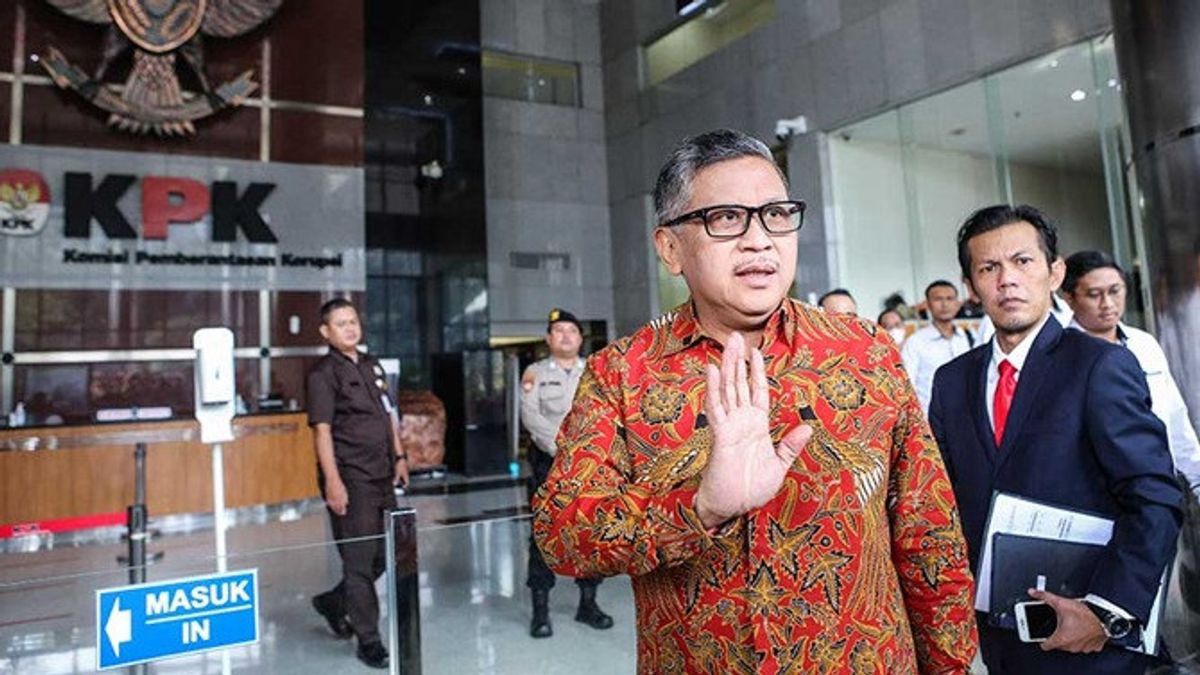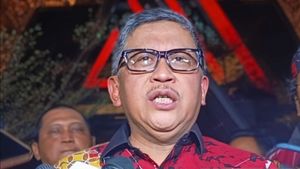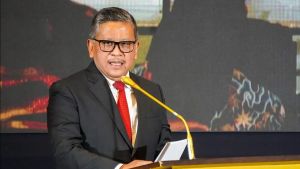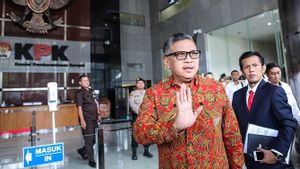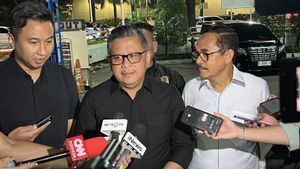Nearly five years have passed since the bribery case of Harun Masiku emerged to the public. Big names are mentioned, evidence has been revealed, but legal travel has been slow. Now, the Corruption Eradication Commission (KPK) under the new leadership has taken bold steps by naming PDIP Secretary General Hasto Kristiyanto as a suspect. This decision was surprising, not only because the length of time this case was settled, but also because it involved the central figure of the election-winning party. Then, why is it only now?
Harun Masiku's case has become a symbol of irregularity in eradicating corruption. Although almost five years have passed, Harun is still at large. Hasto's name is said to have a significant role, ranging from the alleged order to eliminate evidence to the source of bribes that partly came from him. A big question also arises: why hasto's determination as a suspect took up to five years?
The KPK under the new leadership mentioned the need for strong evidence as the main reason for the slow legal process. However, criticism of the effectiveness of the KPK in the past has continued to emerge. Many parties question whether this is purely a matter of gathering evidence or there is political pressure that hinders it.
The determination of Hasto Kristiyanto as a suspect brought great pressure to PDIP. As the party Secretary General, Hasto is a key figure in the party's political strategy. Although the PDIP General Chair, Megawati Soekarnoputri, had stated that she would come to the KPK if Hasto was arrested, in the end the party's legal team representing it. This step invites attention, as well as speculation about PDIP's solidity in facing this issue.
This determination is very likely to also affect public perception of PDIP. Will this reduce public support or does it show that this party is not above the law?
Another polemic that arises is whether this KPK move is pure law enforcement or there is politicization behind it. The KPK affirms its independence, while some political observers, such as Prof. Asrinaldi from Andalas University, support the claim. However, it is difficult to ignore the fact that this case arises amid the dynamics of national politics.
SEE ALSO:
His relationship with former President Joko Widodo is also interesting to observe. As a former head of government who repeatedly emphasized the importance of eradicating corruption, Jokowi's position became sensitive. Although it has been declared out of PDIP, this case still creates speculation about Jokowi's distance or closeness to the party.
Hasto Kristiyanto himself mentioned the intimidation of a figure with three terms of ambition. This accusation is a spice that ignites further controversy. Is this just a political maneuver or is there any truth behind it? Meanwhile, the existence of Harun Masiku who is still at large adds to the puzzle. How can a high-profile fugitive disappear in this digital era? Is anyone deliberately protecting him?
PDIP politician Mohamad Guntur Romli even revealed that Hasto has "US cards" of officials suspected of being corrupt. This statement raises new speculation, is Hasto's determination the first step in uncovering bigger cases?
This case is a big test for the KPK whose reputation has been slumped. The biggest challenge is to ensure that this case is handled completely indiscriminately. Otherwise, the determination of Hasto Kristiyanto will only become an empty record in the history of eradicating corruption in Indonesia.
Furthermore, this case also reminds that corruption is a systemic problem that requires extraordinary courage to overcome. This is not only about individuals, but also about how the political system and law work. Will we let this drama just pass, or make it a lesson to encourage change?
This new chapter could be the beginning of major reform if all parties, from the KPK to the community, have the courage to stand by the side of the truth. The KPK must be truly independent, without any influence. Corruption is a common enemy, and the question now: How serious do we want to beat it?
The English, Chinese, Japanese, Arabic, and French versions are automatically generated by the AI. So there may still be inaccuracies in translating, please always see Indonesian as our main language. (system supported by DigitalSiber.id)
